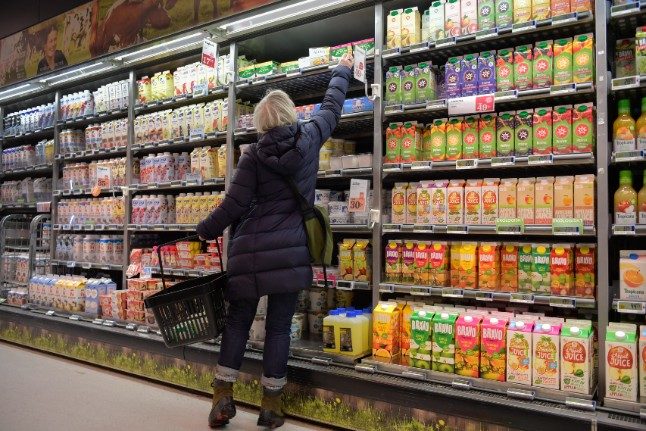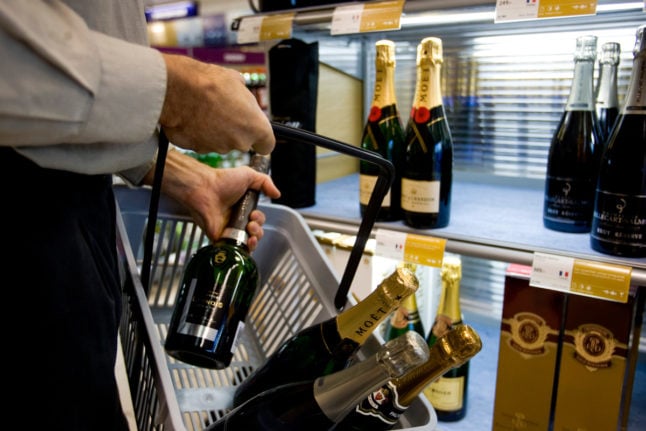According to the latest report from Statistics Sweden, consumer price inflation hit 6.1 percent in March, higher than any year since 1991, when inflation reached 7.8 percent.
“The rate of inflation has taken a big leap as a result of a general, broad-based increase in prices,” said Caroline Neander, a statistician at the agency. “The price of groceries and alcohol-free drinks increased, but more than anything else it was rising prices of electricity and fuel which had an impact.”
Annika Winsth, chief economist at Sweden’s Nordea bank, said that she expected Sweden’s central bank, the Riksbank, to respond to the rapidly growing prices by increasing interest rates in the first half of this year. She said that households in Sweden should be prepared for further price rises.
“Now inflation is rising across the board and the risk is that we’re going to see even higher numbers in April, so it’s something you need to watch out for as a household or business.”
The inflation figures were higher than most analysts had predicted, beating even SEB’s bearish prediction of 6 percent.
“Our prognosis was already a bit above the consensus, but it was a little higher than expected even when compared to what we believed,” said Jens Magnusson, SEB’s chief economist.
Listen to a discussion on Sweden’s rising cost of living on Sweden in Focus, The Local’s podcast.
Click HERE to listen to Sweden in Focus on Apple Podcasts, Spotify or Google Podcasts.
The electricity price is up 34 percent on March last year, and the price of fuel is up 46.8 percent. Groceries are on average up 5.8 percent, and dairy products are up 6.8 percent.
Magnusson said that current high inflation was underpinned with shortages of certain metals and raw materials, more expensive transport costs, and disruptions in the global supply chain.
“It kicked off in the autumn with rising energy prices, and then everything deteriorated further a bit when the war in Ukraine broke out,” he says.
SEB believes that the Riksbank will keep interest rates stable at its April meeting, but Magnusson said the high figures could push it to start rising rates earlier.
“The question is whether they are going to start the rise as early as the next meeting in April, or whether they are going to wait and raise rates in June,” she said. “One thing you can be sure of is that we’re going to see rates rise in the first half of the year.”



 Please whitelist us to continue reading.
Please whitelist us to continue reading.
Member comments